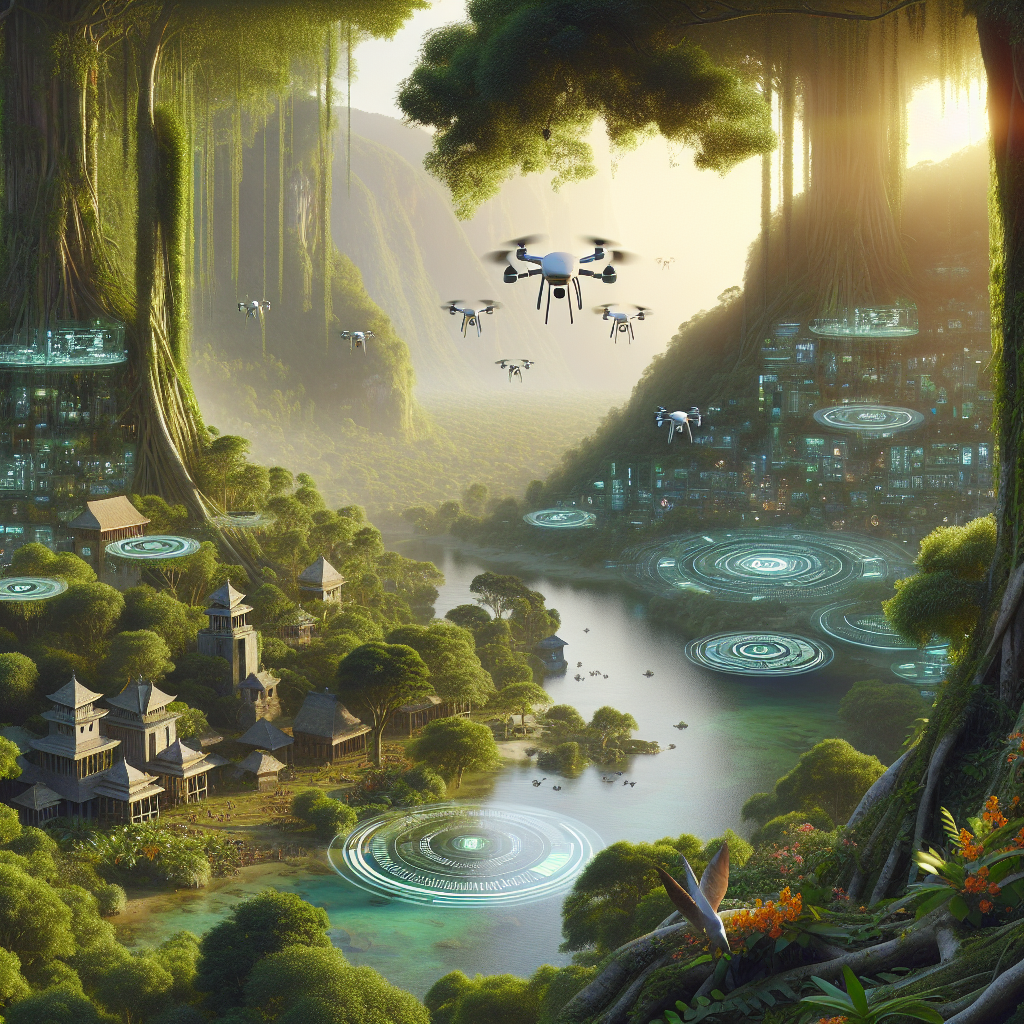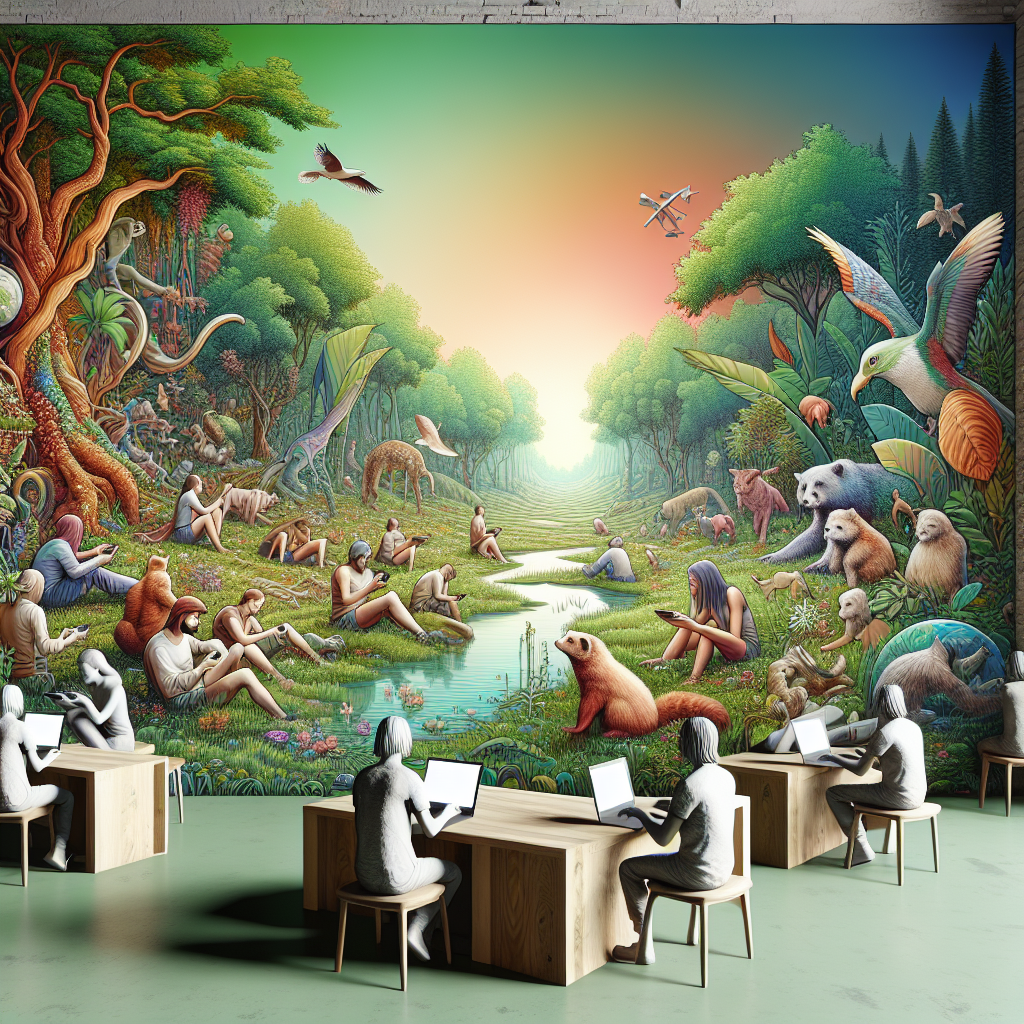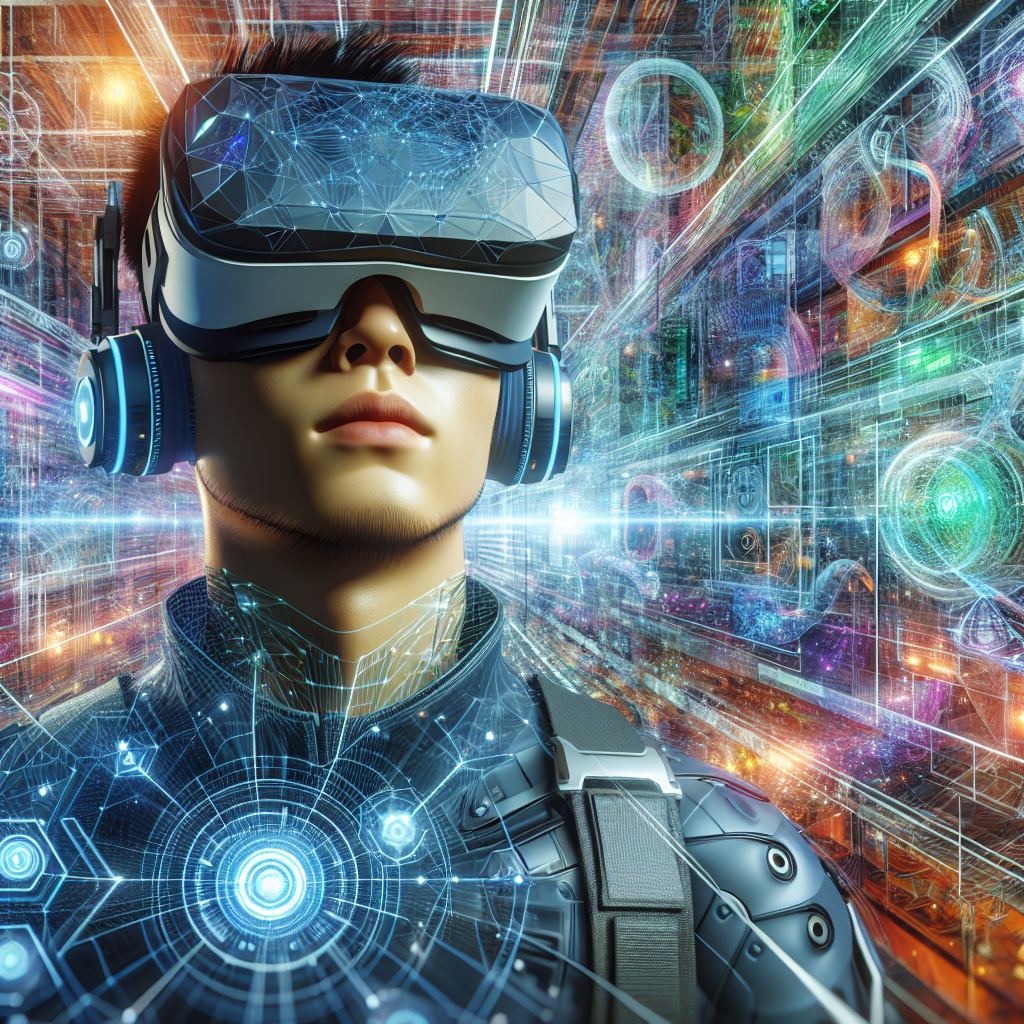The intersection of technology and the environment has never been more critical. As we explore how AI and our relationship with nature will evolve, we see the potential for a more sustainable and informed approach to conservation and ecological management. From monitoring wildlife populations to predicting climate changes, AI stands to revolutionize our understanding and interaction with the natural world.
Enhancing Conservation Efforts
AI technologies are already being deployed in various conservation efforts. For instance, organizations like The Wildlife Society utilize AI to analyze vast amounts of data collected from wildlife cameras. This allows researchers to monitor animal behaviors and populations without the need for constant human intervention. By employing machine learning algorithms, scientists can identify species, track movements, and even detect poaching activities in real-time.
Moreover, AI can help optimize resource allocation for conservation projects. With predictive analytics, conservationists can identify areas most at risk from climate change or human activities, allowing for targeted interventions. This proactive approach signifies a shift in how we engage with the environment, moving from reactive measures to more strategic planning.
AI in Sustainable Agriculture
AI and our relationship with nature also extend to sustainable agriculture practices. Farmers are increasingly using AI-driven solutions to monitor crop health, optimize water usage, and reduce pesticide application. For example, precision agriculture technologies analyze soil health and crop performance, enabling farmers to make data-driven decisions that minimize environmental impact.
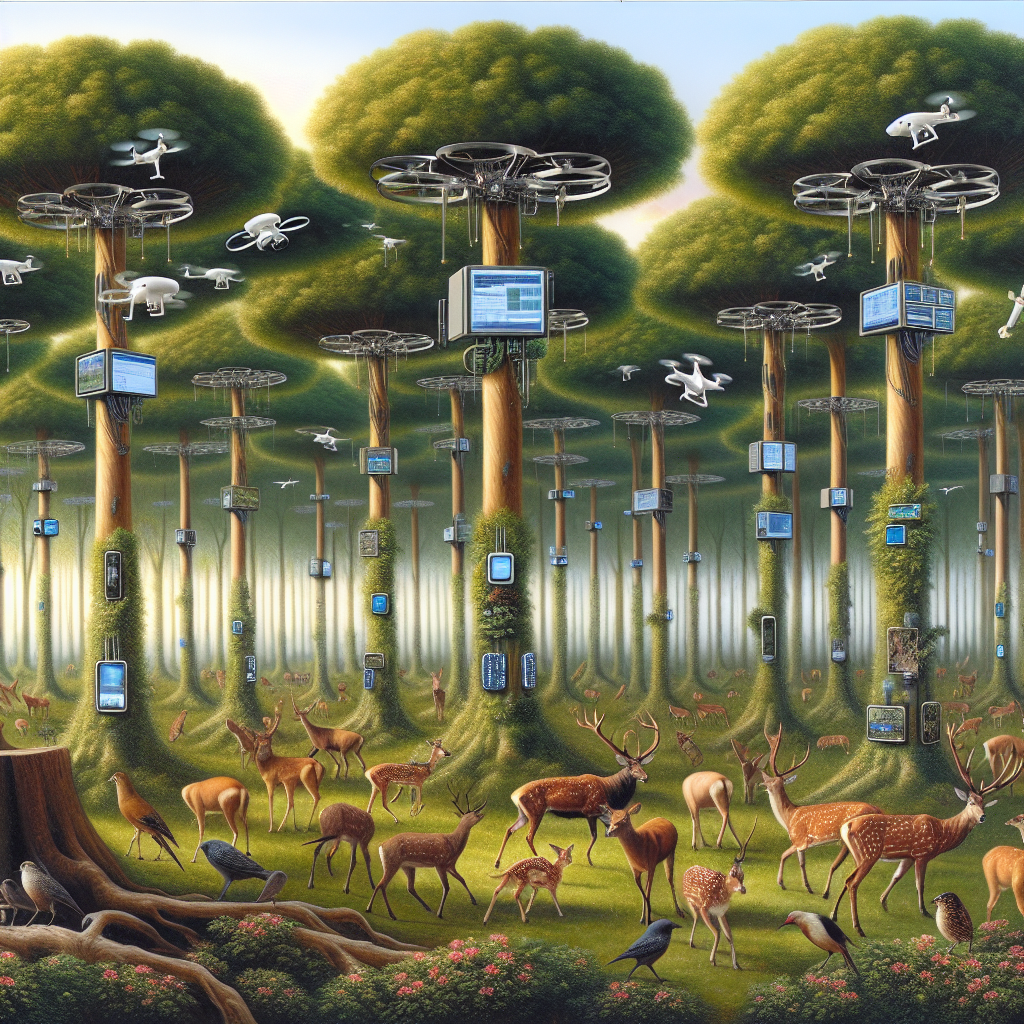
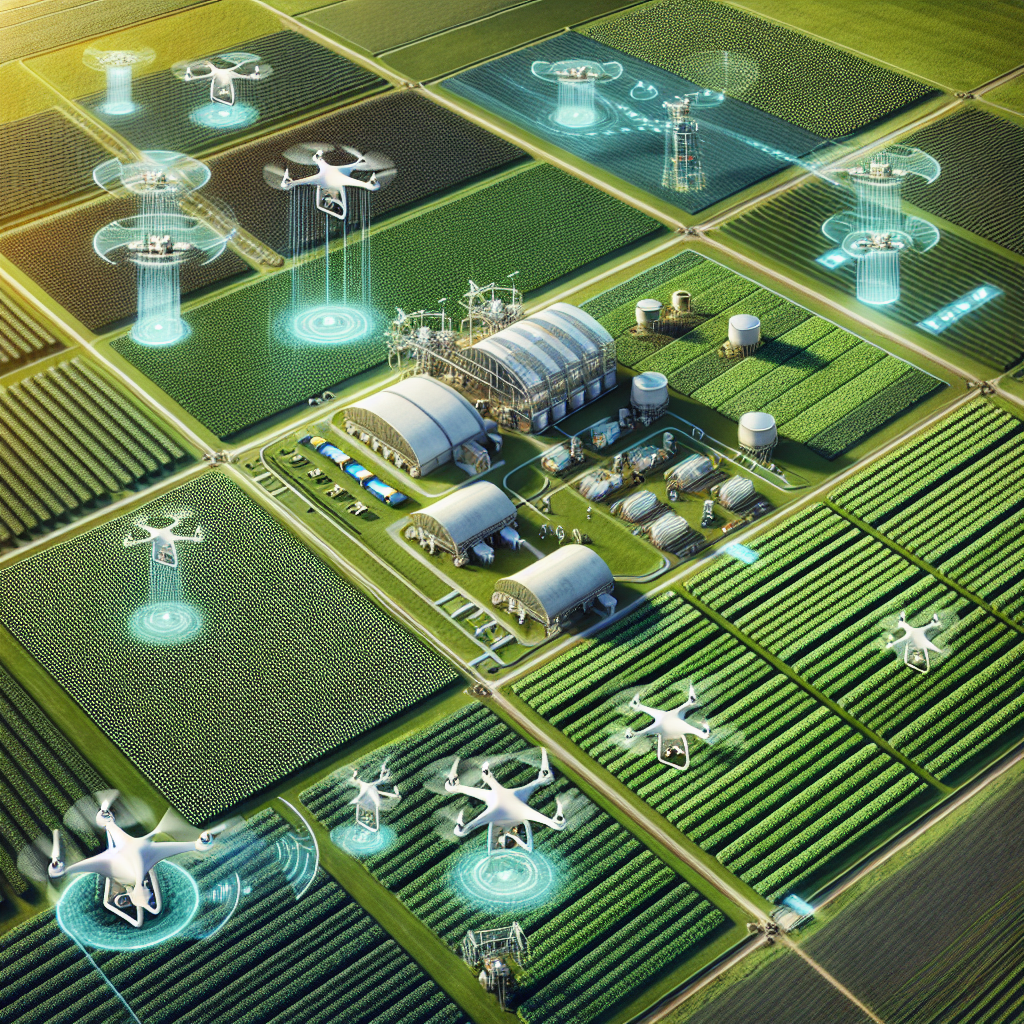
By integrating AI into farming, we can enhance food security while preserving ecosystems. Innovations like autonomous drones and robots can perform tasks such as planting and harvesting with minimal disturbance to the land. This not only promotes efficiency but also aligns agricultural practices with environmental stewardship.
Redefining Human-Nature Interaction
As AI continues to evolve, it will shape how we interact with nature on a personal level. Smart devices and applications that utilize AI can help individuals become more aware of their environmental footprint. For instance, apps that provide real-time data on air quality or energy consumption empower users to make sustainable choices in their daily lives.
Furthermore, virtual reality experiences powered by AI can educate people about ecosystems and biodiversity, fostering a deeper appreciation for nature. By immersing ourselves in simulated environments, we can understand the impact of our actions on the planet, thus strengthening our connection to the natural world.
In conclusion, the future of AI and our relationship with nature holds immense promise. By harnessing the power of AI, we can enhance conservation efforts, promote sustainable agriculture, and redefine our interactions with the environment. As we move forward, embracing these technologies will be crucial in ensuring a harmonious coexistence with nature.
Some content and/or images on this page were created using AI.

